
Sleep enuresis is a condition more commonly known as bed-wetting. Patients suffering from this problem cannot control their bladder during the sleep and wet themselves. Because of that, some doctors also refer to this condition as nocturnal (nightly) enuresis.
Primary enuresis is commonly seen in children and about 70 to 90% of all cases belong to this type. On the other hand, secondary enuresis is more likely to be seen in adults, who stopped experiencing enuretic episodes but the problem came back after some time.
It is quite normal that young children do not have bladder control. However, if a 3 to 6 year old child experiences two or more episodes of bed-wetting in one month, he or she is suffering from sleep enuresis. Enuretic episodes are considered normal in children younger than 7 years of age, but if these keep on happening at least once a month, this indicates enuresis during sleep.
In most cases, bed-wetting stops as the child grows older, but some children may continue to experience this problem over the years. There are 5% of 10-year-olds who still cannot maintain urinary control while they sleep and about 3% among 12-year-old kids. Even older teenagers (18 years and older) may still have similar problems. According to the statistical data, 1 to 3% of 18-year-olds suffers from nocturnal enuresis.
What Causes Sleep Enuresis?
Several factors can be blamed for development of sleep enuresis. The most common cause is known to be failure to establish antidiuretic hormone cycle. This is usually problem in young kids, 2 to 6 years old, in whom lack of this cycle affects their ability to withhold urine during night.
Common causes of nocturnal enuresis are also overactive bladder and failure to learn how to control the bladder. Medical problems may also be appropriate explanation why the child or adult person wet himself/herself at night. Infections of the urinary tract, diabetes mellitus and even more serious conditions such as sleep apnea, some psychiatric problems or epilepsy might cause nocturnal enuresis in some people.
Possible Treatment Options
Children suffering from enuresis during sleep should not take any liquid or citrus fruits before going to bed. Sometimes, just noticing when the child wet the bed may also help. Wake him or her up at that time and take him/her to the toilet several times and this may be efficient solution. On the market, you can find some moisture and bed-wetting alarms designed for this purpose. Other helpful methods include retention control training, bladder muscle exercises and some dietary changes.
For some patients counseling, encouragement and improvement of self-respect and responsibility might be just what they needed. If you are a parent, do not punish the child for bed-wetting, for this is known to be counterproductive and will not help you or your kid.



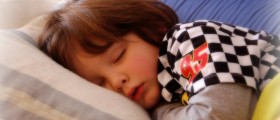
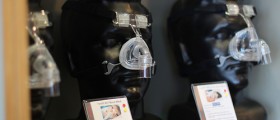
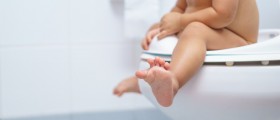

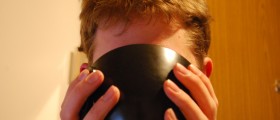

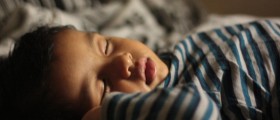
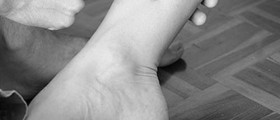
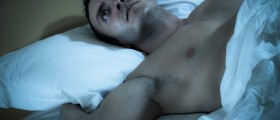

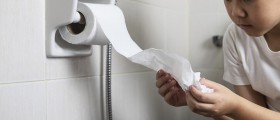
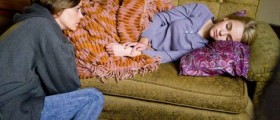
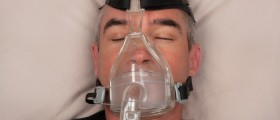
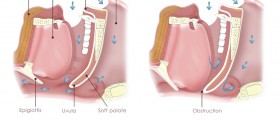
Your thoughts on this
Loading...